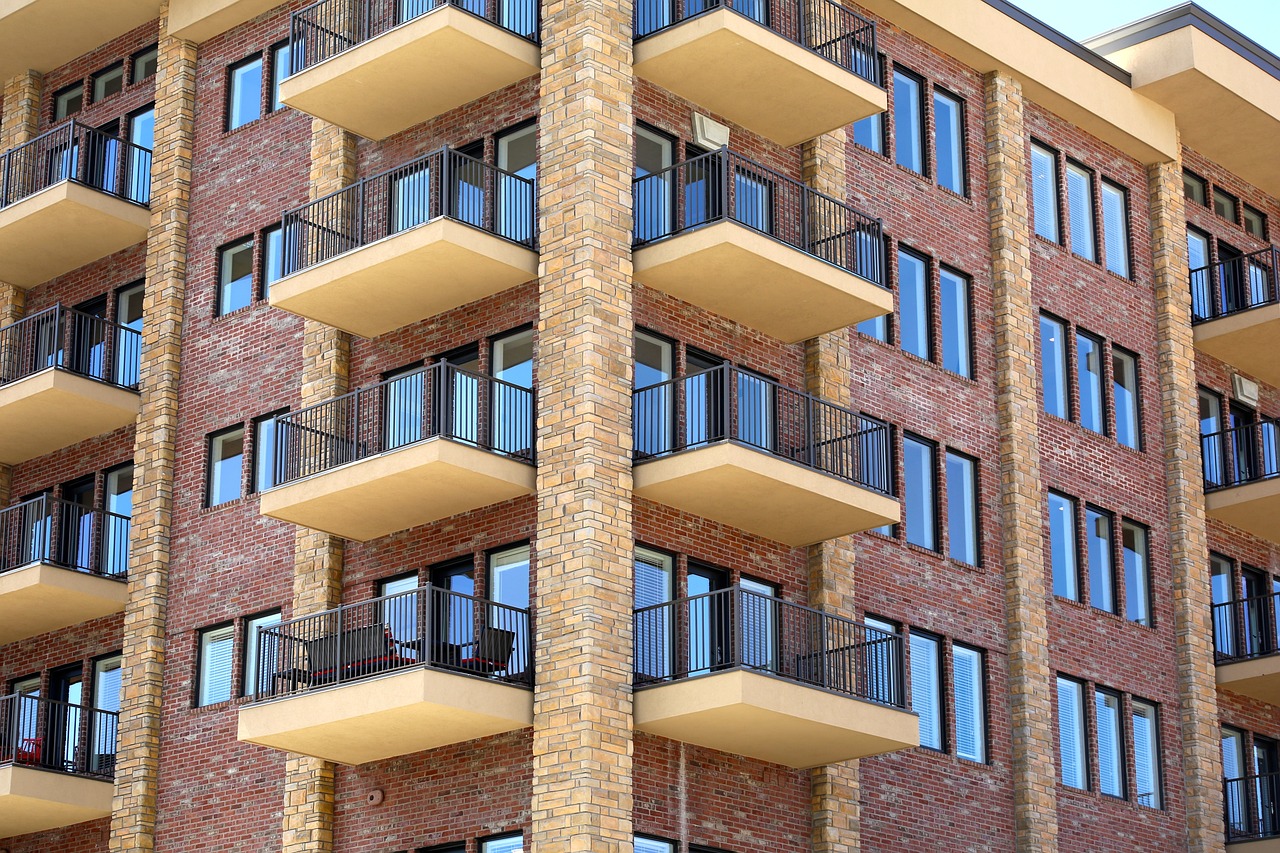Sustainable Urban Demolition: 11xplay online id, Diamondexch9 login, Sky exchange registration
11xplay online id, diamondexch9 login, sky exchange registration: Sustainable Urban Demolition
Urbanization is on the rise around the world, leading to an increase in the need for demolition of older buildings to make way for new infrastructures. However, traditional demolition practices can be incredibly harmful to the environment, generating massive amounts of waste and contributing to pollution.
In recent years, there has been a growing emphasis on sustainable urban demolition practices that minimize the environmental impact of tearing down buildings. Sustainable urban demolition focuses on reducing waste, reusing materials, and implementing eco-friendly techniques to create a more sustainable approach to urban development.
Sustainable urban demolition is a crucial aspect of sustainable urban development, as it helps to minimize the negative impact of construction activities on the environment. By incorporating sustainable practices into the demolition process, cities can reduce waste, conserve natural resources, and create a more sustainable future for generations to come.
Key Principles of Sustainable Urban Demolition
1. Waste Reduction: One of the key principles of sustainable urban demolition is the reduction of waste. Traditional demolition practices often result in large amounts of waste being sent to landfills. Sustainable demolition practices focus on salvaging materials that can be reused or recycled, reducing the amount of waste generated during the demolition process.
2. Reuse of Materials: Another important principle of sustainable urban demolition is the reuse of materials. Rather than disposing of materials from demolished buildings, sustainable demolition practices involve salvaging materials that can be reused in future construction projects. This helps to conserve natural resources and reduce the demand for new materials.
3. Energy Efficiency: Sustainable urban demolition also focuses on energy efficiency. By utilizing eco-friendly demolition techniques, such as using electric equipment instead of diesel-powered machinery, cities can reduce their carbon footprint and minimize the environmental impact of demolition activities.
4. Hazardous Waste Management: Proper management of hazardous waste is essential in sustainable urban demolition. By safely disposing of hazardous materials such as asbestos, lead paint, and mercury-containing devices, cities can protect the health and safety of workers and the surrounding community.
5. Community Engagement: Sustainable urban demolition also involves engaging with the local community to ensure their concerns are addressed and their input is taken into account. By involving residents in the decision-making process, cities can create a more sustainable and inclusive approach to urban development.
Benefits of Sustainable Urban Demolition
– Reduces Waste: Sustainable urban demolition helps to reduce the amount of waste sent to landfills, conserving valuable resources and minimizing the environmental impact of demolition activities.
– Conserves Natural Resources: By reusing materials from demolished buildings, cities can reduce the demand for new resources, helping to conserve natural resources and reduce the environmental impact of construction activities.
– Improves Air Quality: Sustainable demolition practices, such as using electric equipment instead of diesel-powered machinery, help to minimize air pollution and improve the overall air quality in urban areas.
– Protects Public Health: Proper management of hazardous waste in sustainable urban demolition helps to protect the health and safety of workers and the surrounding community, reducing the risk of exposure to harmful chemicals and materials.
– Creates Economic Opportunities: Sustainable urban demolition can create economic opportunities by providing job training and employment opportunities in the green demolition industry, helping to support local economies and create a more sustainable future.
Challenges of Sustainable Urban Demolition
While sustainable urban demolition offers many benefits, there are also challenges that cities may face when implementing sustainable practices. Some of the key challenges include:
– Cost: Sustainable demolition practices can be more expensive than traditional methods, requiring investment in new technologies and equipment. Cities may need to find innovative ways to finance sustainable demolition projects to offset these costs.
– Lack of Awareness: Many cities may not be aware of the benefits of sustainable urban demolition or how to implement sustainable practices effectively. Building awareness and providing education and training on sustainable demolition techniques is essential to overcoming this challenge.
– Regulatory Hurdles: Cities may face regulatory hurdles when implementing sustainable demolition practices, such as zoning restrictions or permitting requirements. Working closely with regulatory agencies and policymakers to streamline the approval process can help overcome these challenges.
– Technical Expertise: Sustainable demolition practices require specialized knowledge and expertise to implement effectively. Cities may need to invest in training and capacity-building to ensure that workers have the skills and knowledge to carry out sustainable demolition projects.
Overall, sustainable urban demolition offers a more environmentally friendly and socially responsible approach to urban development. By incorporating sustainable practices into the demolition process, cities can reduce waste, conserve resources, and create a more sustainable future for all.
FAQs
Q: What is sustainable urban demolition?
A: Sustainable urban demolition is an approach to demolition that focuses on reducing waste, reusing materials, and implementing eco-friendly techniques to minimize the environmental impact of tearing down buildings in urban areas.
Q: Why is sustainable urban demolition important?
A: Sustainable urban demolition is important because it helps to reduce waste, conserve natural resources, improve air quality, protect public health, and create economic opportunities in urban areas.
Q: What are some examples of sustainable demolition practices?
A: Examples of sustainable demolition practices include salvaging materials for reuse, using electric equipment instead of diesel-powered machinery, properly managing hazardous waste, and engaging with the local community to address concerns and gather input.
Q: How can cities implement sustainable urban demolition practices?
A: Cities can implement sustainable urban demolition practices by investing in new technologies and equipment, building awareness and providing education and training, working with regulatory agencies to streamline the approval process, and investing in technical expertise and capacity-building for workers.
Q: What are the benefits of sustainable urban demolition?
A: The benefits of sustainable urban demolition include reducing waste, conserving natural resources, improving air quality, protecting public health, and creating economic opportunities in urban areas.







